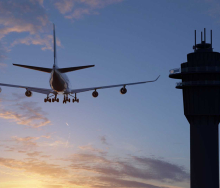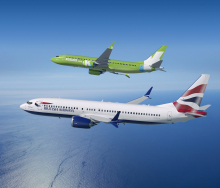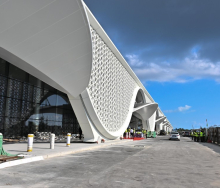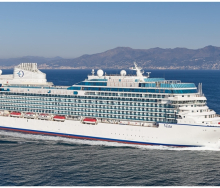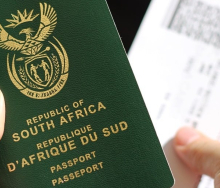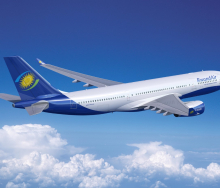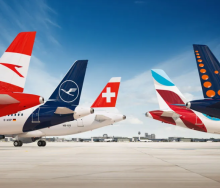Supply chain disruptions, an ageing global fleet and lengthy maintenance turnaround times have resulted in a surge in flight delays and cancellations for airlines around the world, according to industry experts.
A recent Travel News poll found that 81% of agents have noticed more flight cancellations and delays due to aircraft technical issues this year compared with last year.
Supply chain delays
COVID-19 severely disrupted the aircraft manufacturing supply chain, from tier one suppliers such as Boeing and Airbus, to tier two, three and four suppliers that produce smaller components for the larger manufacturers, explains Linden Birns, Founder of Plane Talking.
He says that many suppliers have not ramped up their production back to pre-COVID-19 levels, hindered by surplus stock from the pandemic and ongoing staff shortages. While in the past, manufacturers usually worked on a three-to-four-year order book, the lead time has extended to six years or more, adds Birns.
Maintenance
Birns says that the delays in the delivery of newer aircraft means that airlines have to keep older aircraft in their fleet for longer – but these require more intensive maintenance and have a higher likelihood of component replacement.
Johan Borstlap, Operations Director at airfreight consultancy, JetFreighters Sub-Saharan Africa, explains that the prevalence of ageing fleets is generally increasing maintenance turnaround times.
“The problem is more centred on the time that maintenance takes as there are inevitable additional items picked up causing a delay in returning the aircraft to the fleet,” says Borstlap. “Usually, a convenient spare aircraft would pick up this slack.”
Borstlap explains that smaller airlines used to have standby fleets to support major carriers. However, this fleet was depleted during COVID-19 and is now exponentially more expensive to restore due to ongoing aircraft delivery delays.
Despite these supply chain-related delays, Borstlap emphasises that airlines also tend to delay repairs and maintenance that are not urgent, causing long-term reliability challenges with their aircraft, and increasing the likelihood of flight delays and cancellations.
“The major carriers have increased their operating routes, using up all their capacity, and I believe that less time is allocated for maintenance and items that don’t need immediate attention are deferred for later rectification. But these items have a tendency to trip airlines up when least expected and cause unscheduled downtime,” says Borstlap.

